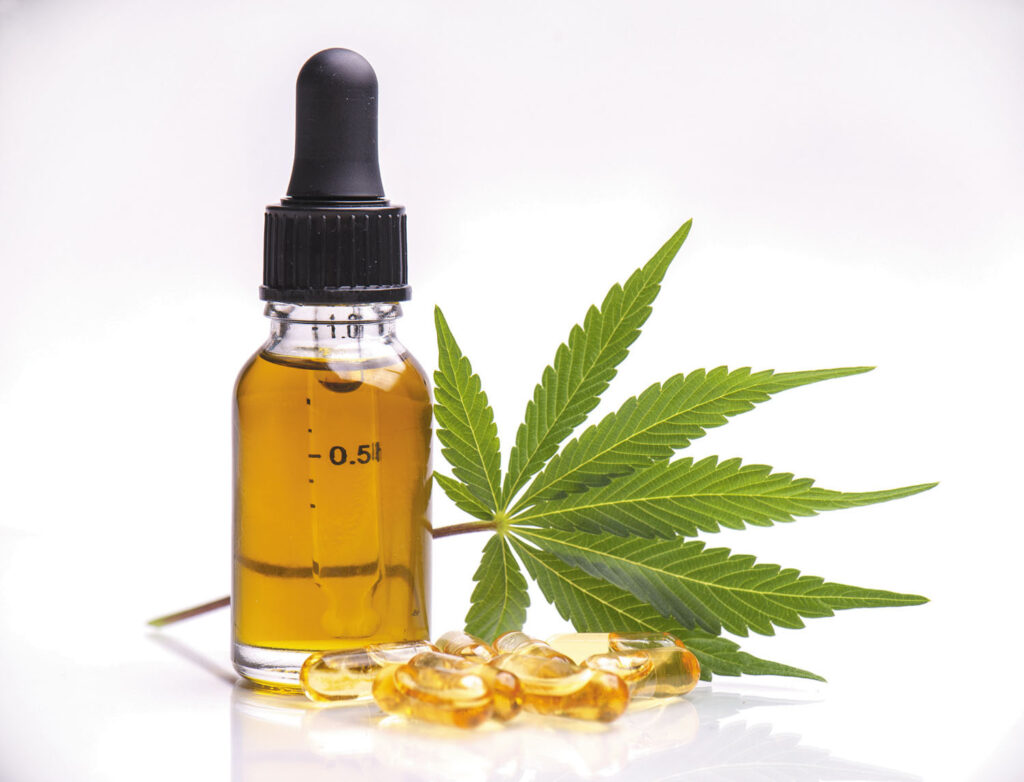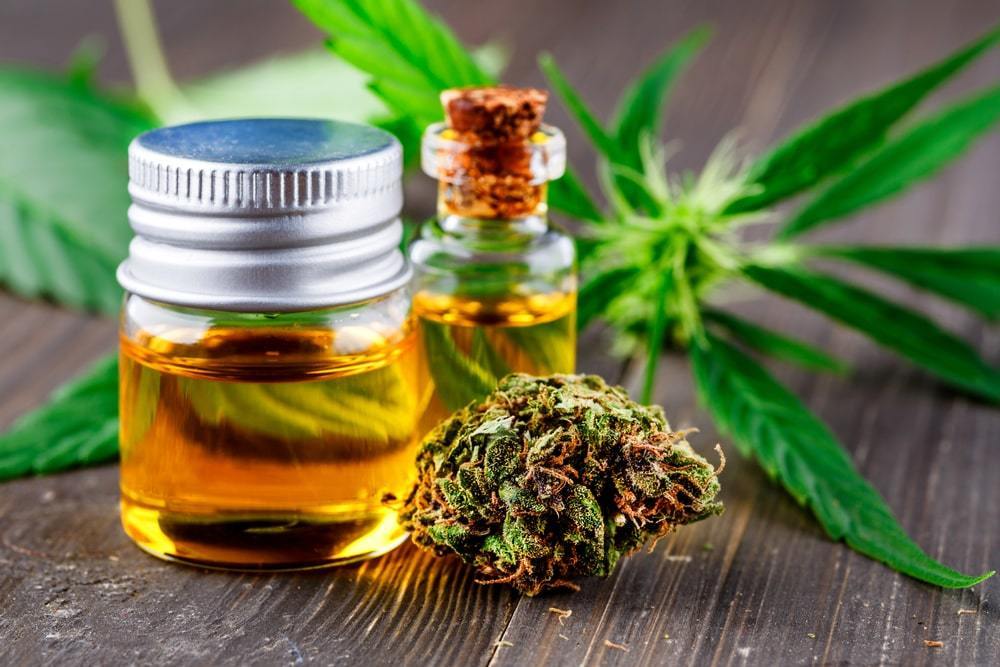Cannabidiol (CBD): CBD, or cannabidiol, gets a lot of attention in the news. You may also see ads for it as a way to make your shake or coffee taste better after a workout. You can even get a sports bra with CBD in it. But what does CBD mean? Why do so many people like it?
How is Cannabidiol (CBD) different from Marijuana, Cannabis, and hemp?
Cannabis, or CBD, is the second most common chemical in marijuana that makes it work. CBD is a key part of medical marijuana. It can be made in a lab or from the hemp plant, which is related to marijuana. Cannabis has many chemicals, and CBD is one of them. However, CBD does not get you high by itself.
The evidence for Cannabidiol (CBD) health benefits
CBD has been praised for many health problems, but the strongest scientific evidence is that it can help treat some of the worst types of childhood epilepsy, like Dravet syndrome and Lennox-Gastaut syndrome (LGS), which don’t usually respond well to seizure medications. Many studies have shown that CBD can lower the number of seizures and sometimes even stop them. Epidiolex, which is mostly made up of Cannabidiol (CBD), is the first medicine made from cannabis that the FDA has cleared for these conditions.
Research on animals and reports from people show that CBD may also help with:
- Anxiety: A lot of research is being done on the thought that CBD can help people who are anxious.
- Insomnia: Some studies show that CBD might help people get to sleep and stay asleep. This could be because it helps with nerves and long-term pain.
- Chronic pain: CBD has been shown to help people feel less pain in more and more studies. In the European Journal of Pain, researchers looked at how putting CBD on the skin might help reduce pain and stiffness in the joints. It was found in another study that Cannabidiol (CBD) might be able to help treat painful conditions like nerve and inflammation pain.
- Addiction: CBD has been shown in tests on animals to help some people feel less need for drugs like heroin and marijuana. Researchers have looked at animals that are hooked on drugs like booze, weed, opiates, and steroids. This drug could also make these drugs less necessary.

Is Cannabidiol safe?
CBD might make you sick, tired, or angry, among other things. CBD can make your body hold more drugs that thin your blood by fighting the enzymes in your liver that break them down. Some medicines and grapefruit both do the same thing. This mix is important to know about if you take a blood thinner, an anti-epileptic, or an immunosuppressant drug. This is because the amounts of these drugs in your blood need to stay fixed.
It’s possible for liver tests to show nothing wrong when someone takes a lot of CBD. A lot of over-the-counter medicines, including Tylenol, do this. This way, your doctor can keep an eye on your liver tests. Tell your doctor how often you use Cannabidiol (CBD).
To make things even safer, CBD is mostly offered as a supplement and not as a medicine. Only making sure that food products are safe and clean is something that the FDA does. They don’t really watch the CBD market. In other words, you can’t be sure that the item you buy has the right amount of chemicals to work.
There may be more poisons in the item that we don’t know about. It’s best to make sure that a third-party lab has checked out CBD before you buy it. There should be a COA (proof of analysis) on every CBD item to show this.

How can Cannabidiol (CBD) be taken?
CBD comes in tablet, patch, oil, liquid, vape, and skin-mix forms, among others. If your muscles and joints hurt and swell, CBD oil, lotion, cream, or even bath bombs might help you feel better. CBD, on the other hand, can get into the bloodstream very quickly through a CBC patch, drink, or spray that is put under the tongue. For your health, don’t smoke anything, not even CBD.
The conclusion about Cannabidiol
The government is looking into CBD companies that have made wild and unfounded claims, such as that Cannabidiol (CBD) can cure cancer or COVID-19. Additional research is necessary to validate cannabidiol’s (CBD) potential as a non-pharmaceutical alternative for the treatment of insomnia, chronic pain, anxiety, and sleep disorders. There is a lack of high-quality data from human trials to determine appropriate amounts of CBD, and the supplement is currently unregulated, making it difficult to know precisely what you’re taking or to conduct studies on it.
It is recommended that you get CBD from a trustworthy vendor if you are interested in giving it a try. Just to clarify, it’s important to see your doctor before using CBD or any supplement to make sure it won’t have any bad interactions with any other medications you could be on.
Also, Click Here To Read Does CBD Thin Your Blood?

Leave a Reply